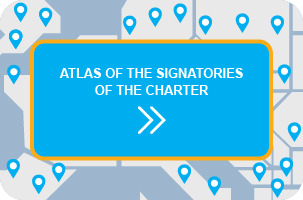Improve transport policies by identifying womens travelling habits
The Gender Equality department of the province of Cordoba has recently published a study on women travelling habits in the province in order to identify women’s specific needs in terms of public transports.
Considering that transport is an important condition to access the labor market, socialize and fulfil daily tasks – it can also be a major factor of discrimination. The gender equality department in Cordoba was concerned that women had limited mobility compared to men.
Indeed, according to the results in the study, several factors seemed to indicate that women could not travel around as fluently as men: many of the women did not have car or a driving license making them dependent on the not so efficient system of public transportation. Moreover, transport policies seemed to be designed to fit men’s habits and needs, giving priority to individual cars and to commuting.
As a result, the province of Cordoba decided to integrate gender mainstreaming in its urban transport policies and to analysing women’s needs and habits in term of transportation, in order to more precisely identify why mobility remained a discrimination factor between women and men.
The province conducted a survey on a sample of 1500 women who had to answer questions both on their mobility habits and on their socioeconomic background. The questionnaire examined the following themes:
– Frequency and number of travels
– Age and civil status
– Mode of transport
– Origin and destination of the travels
– Times of travel
– Professional status
Using this survey, the province of Cordoba can now better target women’s need in term of mobility and start designing policies that more efficiently enforce gender equality.













